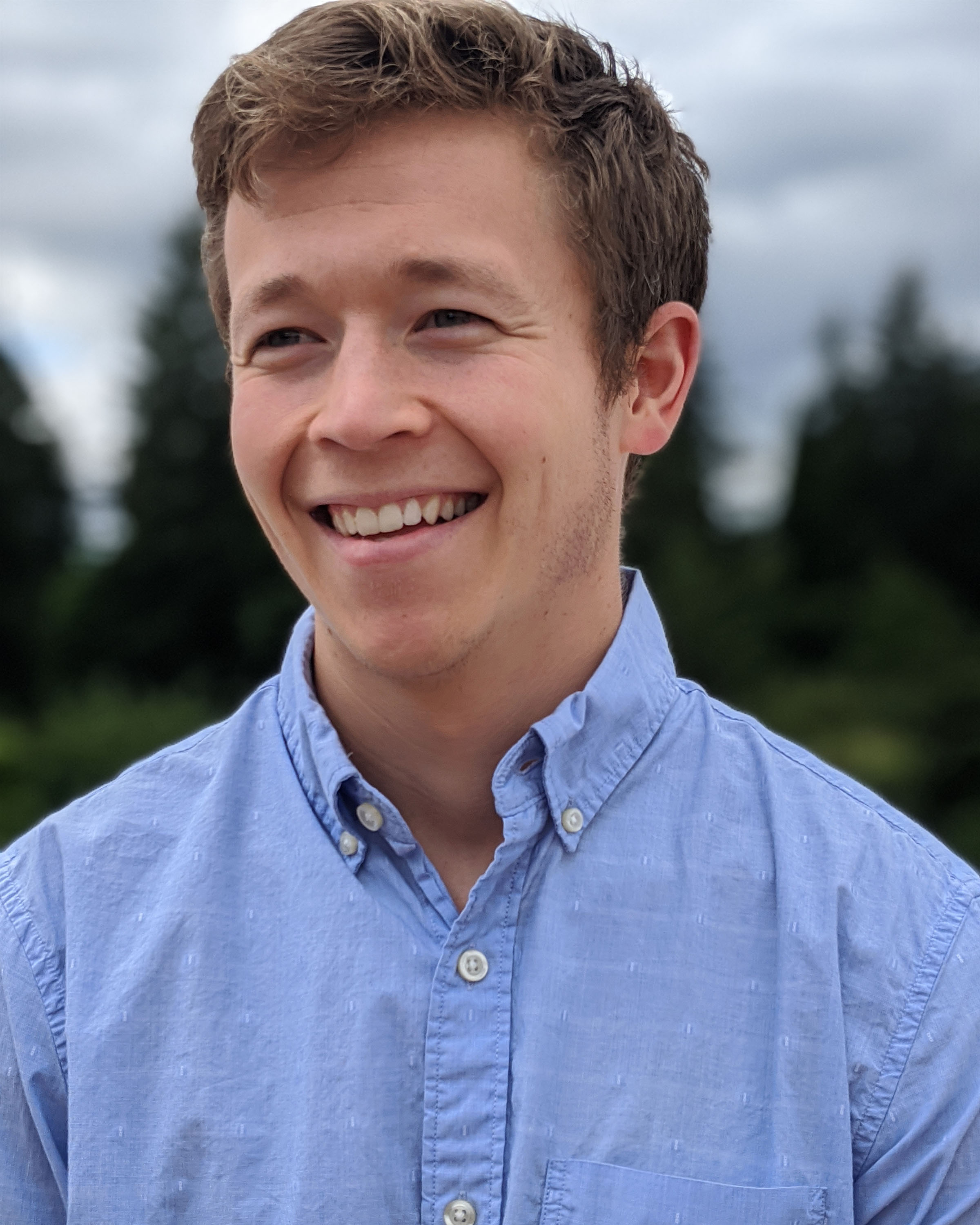Comparative Analyses of Environmental Deprivation and Political Mobilization

PHD DISSERTATION DEFENSE
Advisor: Mark Buntaine
Committee: Matto Mildenberger, Neil Narang, William Nomikos
This defense will take place in person at Bren. Join in Bren Hall 1414 (masks recommended) or watch online using this link and passcode political
ABSTRACT
My dissertation examines how environmental problems both contribute to and are shaped by different forms of political mobilization, through three lines of inquiry. My first chapter tests if international organizations like the United Nations can help restore environmental governance in countries emerging from violent conflict. In my second chapter, I leverage data collected over nine months of fieldwork in Liberia to identify the conditions under which shortages in environmental goods and services spark protest. The final chapter of my dissertation investigates whether air pollution catalyzes or inhibits political participation, using novel data from a major grassroots environmental organization in the United States.
Altogether, my research helps advance our understanding of how environmental problems and politics are deeply intertwined. My first chapter demonstrates that international peacekeeping forces can reshape natural resource management in the wake of violent conflict, potentially providing a pathway to economic development. My second chapter highlights how non-state actors may prove crucial to mitigating the otherwise destabilizing impacts of global environmental problems like climate change. My final chapter bolsters existing research on environmental justice, demonstrating how environmental problems can reinforce the systems of political marginalization they stem from by undermining prospects for mass mobilization.
BIO
Patrick Hunnicutt is a PhD Candidate at University of California, Santa Barbara’s Bren School of Environmental Science & Management. His research explores the relationship between environmental deprivation and political mobilization around the world. For example, one facet of Patrick’s research investigates how informal political elites shape citizens’ responses to shortages in environmental goods and services in Liberia, while another tests whether experiencing pollution catalyzes political participation in the United States. The Folke Bernadotte Academy, the United States Institute of Peace, and the Institute on Global Conflict and Cooperation have supported Patrick’s research, and he has been fortunate enough to publish in the Journal of Public Administration Research and Theory, International Peacekeeping, and the Proceedings of the National Academy of Sciences. In August 2022, Patrick will start as an Assistant Professor of Environmental Policy at Chapman University.